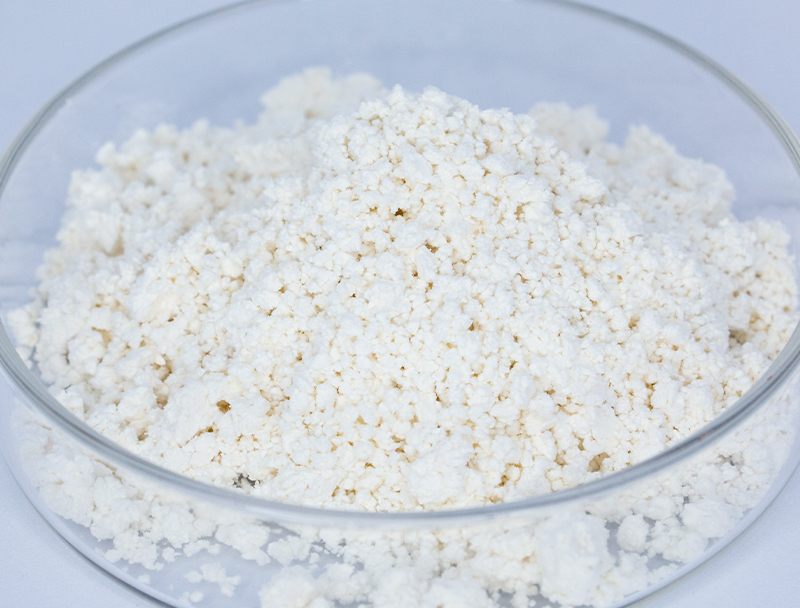
Industrial biosynthesis counts extensively on a wide assortment of raw materials for developing state-of-the-art biosolutions.
Protecting continuous ethical sourcing of resources forms the foundation of durable, responsible industrial growth.
multiple challenges associated with traditional raw material procurement such as ecological damage and resource depletion. Consequently, biotech firms need proactively to adopt sustainable procurement approaches to reduce environmental impact.
- Situations demonstrating ethical sourcing encompass:
- Integrating compostable agricultural waste into supply chains
- Establishing regenerative loops to cut waste and elevate material utilization
- Aligning with domestic providers that adhere to transparent sourcing
Such a move to ethical procurement delivers ecological gains and commercial returns over time.
Tuning Feedstock Characteristics for Higher Biofuel Efficiency
Raising biofuel yields involves refining feedstock structure and content. Engineers continually develop approaches to improve biomass suitability, delivering enhanced conversion and a more resilient energy mix. This involves genetic modifications to increase biomass production, as well as pretreatment techniques that break down complex plant materials into more readily fermentable sugars.
- Moreover, investigations target novel feedstocks like microalgae, municipal residues, and field residues to widen the pool of renewable biomass for biofuel use.
- Thanks to continuous exploration the sector is prepared to realize considerable strides toward an eco-friendlier energy mix.

Transformations in Upstream Biopharma Workflow Design
spans early manufacturing steps including propagation and cell separation New innovations across this area have produced enhanced manufacturing methods that boost yields.
Crucial progress includes proprietary cell systems, optimized growth media, and adaptive bioreactor architectures. The improvements increase output while decreasing cost structures and sustainability impacts.
- Moreover, continuous manufacturing adoption is enabling dynamic control and greater adaptability in upstream workflows.
- Embracing sophisticated manufacturing strategies is poised to change industry norms and shorten development cycles.

Innovations in Gene Editing for Improved Biopharmaceutical Yield
refinements in gene-targeting technologies have advanced protein production workflows. By implementing targeted gene changes, investigators boost production titers of important biologics. The approach may facilitate scalable, low-cost therapeutic production for numerous diseases.
Using Microbial Systems for Site-Specific Remediation
innovative solutions for sustainable bioremediation, a critical process for addressing environmental pollution. Microbial species can metabolize and convert hazardous compounds into benign byproducts.. Using microbial biotechnology enables remediation strategies that balance effectiveness with ecological protection. Scientists are actively exploring a wide range of microbial species with diverse metabolic capabilities to target various pollutants, including heavy metals, pesticides, oil spills.. Such organisms are usable in treatment systems or applied directly to soils and waters to drive biodegradation of contaminants..
Microbe-based remediation provides compelling advantages over standard remediation methods. It is a cost-effective and environmentally friendly approach that minimizes the generation of harmful byproducts. Moreover, microbes can be tailored to address specific pollutants with minimal impact on non-target organisms. Ongoing innovation aims to boost the throughput and efficacy of microbe-driven remediation approaches.
Data-Driven Approaches for Therapeutic Development
Computational biology approaches are becoming vital across contemporary drug R&D. From target discovery through candidate optimization, bioinformatics facilitates streamlined, hypothesis-guided workflows.
- With analysis of broad omics and clinical datasets, bioinformatic experts identify targets and model drug effects.
- Concurrently, virtual screening and simulation shape the development of more effective therapeutics.
- Finally, bioinformatics is revolutionizing the drug discovery and development process, accelerating the time to bring safe and effective treatments to patients in need.
Metabolic Engineering Strategies for Enhanced Bioproduct Synthesis
deploys several tactics to elevate cellular production of valuable biochemicals. Programs use genetic redesign of metabolic networks, dynamic regulation of expression, and addition of heterologous genes to unlock new capabilities. By calibrating pathway dynamics and expression levels teams can greatly amplify bioproduct yields.
This wide-ranging tactic can overhaul industries spanning medicine, agriculture, and energy production.

Upscaling Biopharma: Obstacles and Potential Gains
Expanding production volumes poses difficult barriers yet offers substantial opportunities. Ensuring product consistency at larger manufacturing scales represents a major hurdle. This requires robust process control, precise monitoring, and sophisticated analytical techniques.

One issue is the complexity of biopharmaceutical manufacturing processes, which often involve multiple steps.. Scaling optimization is a resource-intensive task that calls for substantial innovation and study.. However, the prospective rewards are sizable. Skilled scaling can enlarge supply, lower prices, and increase profit potential.
Various efforts target the core issues of industrialization. Initiatives involve optimization platforms, high-resolution analytics for process control, and novel manufacturing frameworks.
- Development efforts are also playing a crucial role in advancing biopharmaceutical production capabilities.
- Regulatory bodies are modernizing pathways to accelerate approval of advanced production technologies and support innovation.
Regulatory Considerations to Maintain Biopharmaceutical Safety and Performance
Advancing biopharmaceuticals involves heavy regulatory scrutiny to secure product safety and proven efficacy. Biologically based treatments require tailored oversight and production controls beyond those for typical medicines.
Organizations like the FDA and EMA provide essential guidance and set standards for authorizing novel biotherapeutics..
Rigorous testing protocols are mandatory throughout the development lifecycle, from pre-clinical research to post-market surveillance.. These measures aim to identify potential risks and guarantee that biopharmaceuticals meet the highest levels of safety..
Also, governing institutions evolve their strategies to respond to swift advances in biopharmaceutical science.. Measures involve adopting innovative technologies and enabling development acceleration without compromising patient welfare.

Plant-Derived Inputs for Next-Gen Bioplastics
The expanding market for green materials prompts increased R&D into bio-based solutions. Bioplastics produced from plant biomass form a compelling option for lowering environmental footprint. Sources like cornstarch, cellulose fibers, and sugarcane biomass can transform into compostable plastics that decompose and reduce pollution.
Likewise, some plant-derived plastics perform similarly to petroleum-based materials for a variety of uses.. Continued research and innovation in this field are crucial to unlocking the full potential of plant-based biomass feedstocks in the manufacture of sustainable bioplastics, paving the way for a circular economy.
Biotech Contributions to Global Health and Crop Productivity
Advanced biotech approaches can reshape healthcare delivery and enhance agricultural resilience. Through CRISPR, synthetic circuit design, and cell therapy progress, developers generate methods to counter infectious agents, optimize crops, and elevate nutritional profiles.. A concrete α-Ketoglutaricacid example includes modified crops engineered for pest and stress tolerance that yield more while decreasing pesticide needs. In addition, the field produces vaccines, treatments, and diagnostic tools that are central to fighting infections and improving health worldwide.. As research progresses, biotechnology holds immense promise for creating a healthier and more sustainable future for all.
 N-Acetylneuraminic acid
N-Acetylneuraminic acid